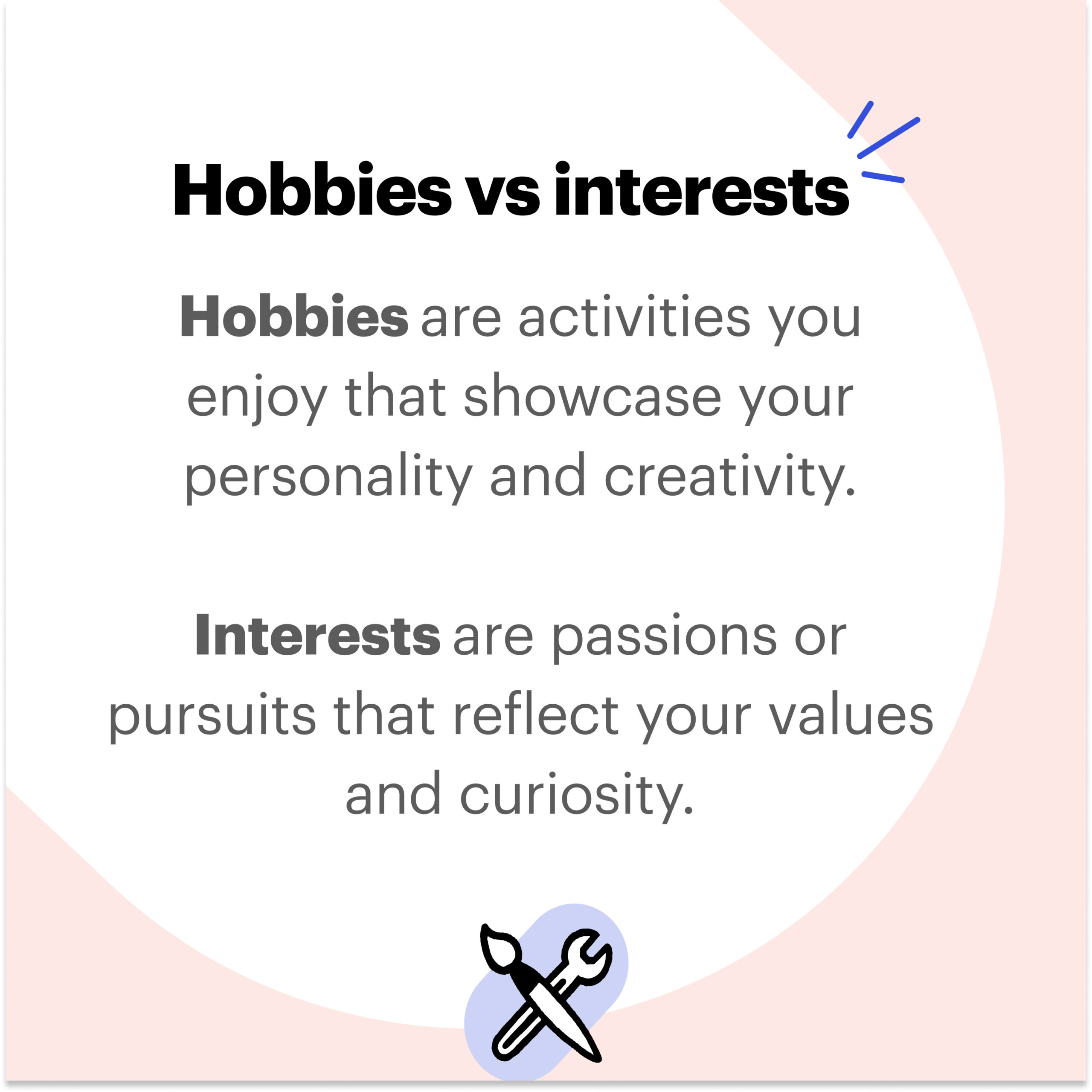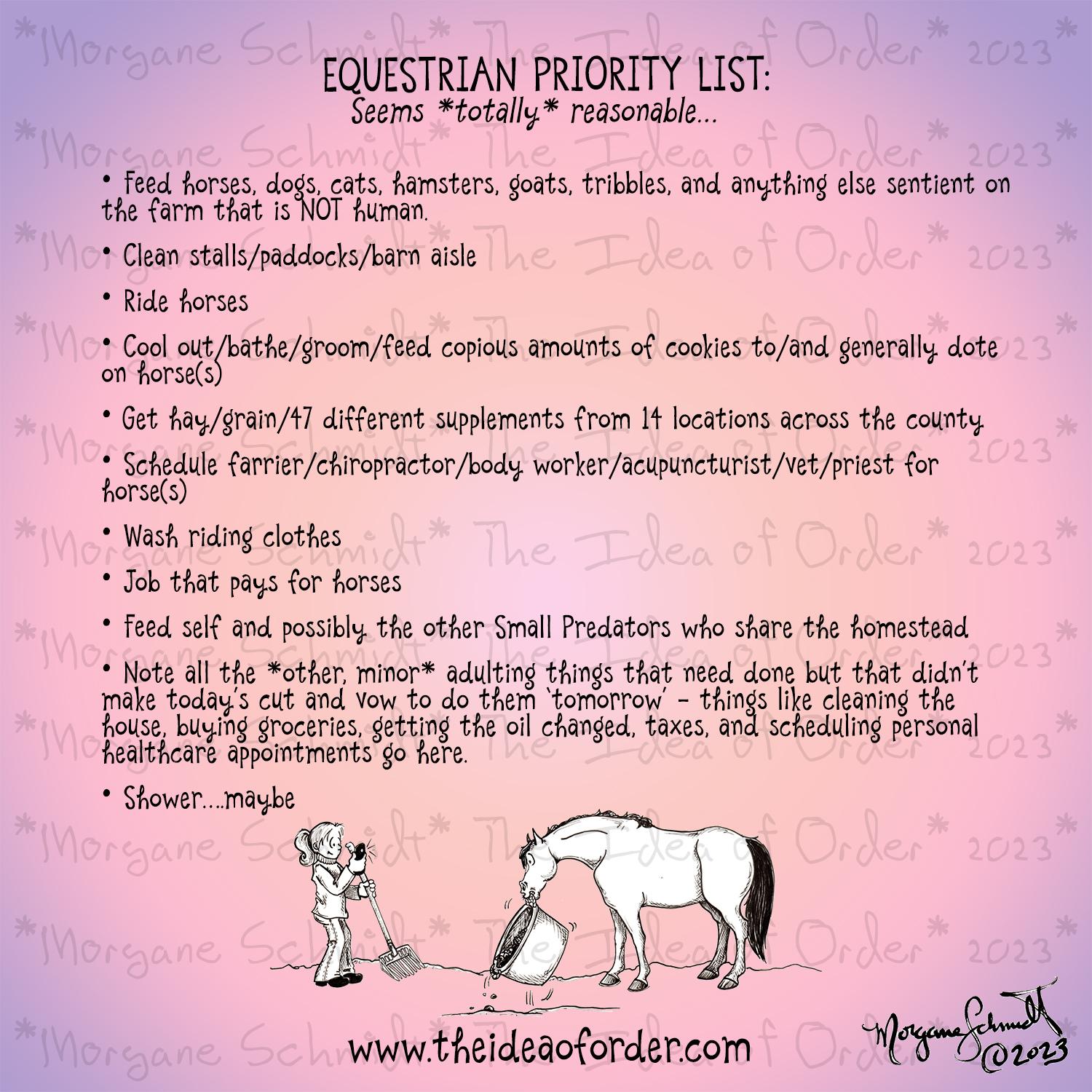The Ultimate Guide to a Career in the Horse Industry

Embarking on a career in the horse industry can be both rewarding and exciting for those passionate about horses and equestrian activities. This guide will walk you through the various career paths, essential skills, education requirements, and tips to succeed in this dynamic field.
Table of Contents

- Introduction to the Horse Industry
- Popular Career Paths
- Required Skills and Qualifications
- Education and Training Opportunities
- Job Market and Salary Expectations
- Tips for Building a Successful Career
- Frequently Asked Questions (FAQ)
1. Introduction to the Horse Industry

The horse industry encompasses a wide range of professions related to the care, training, breeding, and management of horses. It includes sectors such as competitive sports, recreational riding, therapeutic programs, and equine business management.
2. Popular Career Paths
Here are some common career options within the horse industry:
| Career Path | Description |
|---|
| Trainer | Teaches horses and riders, focusing on performance and behavior.
| Veterinarian | Provides medical care and treatment for horses.
| Farrier | Specializes in hoof care and horseshoeing.
| Breeder | Manages horse breeding programs to improve bloodlines.
| Stable Manager | Oversees daily operations of stables and horse care.
| Riding Instructor | Teaches riding skills to beginners and advanced riders.
| Equine Therapist | Uses horses for therapeutic purposes to aid physical and mental health.
| Sales Representative | Facilitates buying and selling of horses and equine products.
3. Required Skills and Qualifications
Success in the horse industry requires a blend of technical knowledge and soft skills:
- Equine Knowledge: Understanding horse behavior, anatomy, and care.
- Physical Fitness: Ability to handle physically demanding tasks.
- Communication: Clear interaction with clients, colleagues, and riders.
- Problem-Solving: Quick thinking to manage emergencies or training challenges.
- Patience and Empathy: Essential for working with animals and people.
4. Education and Training Opportunities
While some roles require formal education, others rely on hands-on experience:
- Degree Programs: Equine science, veterinary medicine, animal husbandry.
- Certifications: Riding instructor certifications, farrier licenses.
- Apprenticeships: Learning under experienced professionals.
- Workshops and Clinics: Specialized training sessions.
5. Job Market and Salary Expectations
The horse industry offers diverse opportunities, but salaries can vary widely based on role, location, and experience. Entry-level positions may start modestly, while specialized roles like veterinarians or successful trainers can earn substantial incomes.
6. Tips for Building a Successful Career
- Gain as much hands-on experience as possible.
- Network within the equine community.
- Stay updated with industry trends and continuing education.
- Develop a strong work ethic and reliability.
- Consider specializing in a niche area.
7. Frequently Asked Questions (FAQ)
Q1: Do I need a degree to work in the horse industry?
A1: Not always. Many roles value experience and certifications over formal degrees.
Q2: What is the best way to start a career with horses?
A2: Volunteering or interning at stables, riding schools, or veterinary clinics is a great start.
Q3: Are there opportunities for women in the horse industry?
A3: Absolutely. The industry is inclusive and offers many roles for all genders.
Q4: How can I improve my riding skills?
A4: Regular lessons with qualified instructors and consistent practice are key.
This guide aims to provide a solid foundation for anyone interested in pursuing a fulfilling career in the horse industry, combining practical advice with industry insights to help you succeed.
